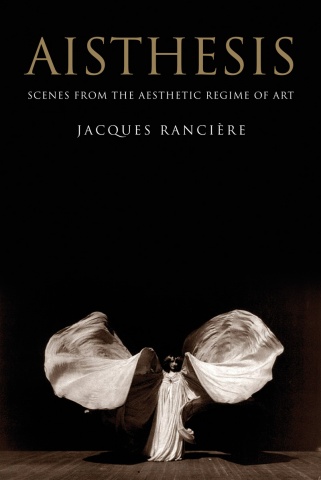Matthew Fuller, Andrew Goffey: Evil Media (2012)
Filed under book | Tags: · algorithm, art, artificial intelligence, business, code, computing, data, database, event, governance, information, interaction, interface, knowledge, labour, language, machine, management, market, media, media theory, memory, military, networks, philosophy, political theory, politics, power, programming, software

“Evil Media develops a philosophy of media power that extends the concept of media beyond its tried and trusted use in the games of meaning, symbolism, and truth. It addresses the gray zones in which media exist as corporate work systems, algorithms and data structures, twenty-first century self-improvement manuals, and pharmaceutical techniques. Evil Media invites the reader to explore and understand the abstract infrastructure of the present day. From search engines to flirting strategies, from the value of institutional stupidity to the malicious minutiae of databases, this book shows how the devil is in the details.
The title takes the imperative “Don’t be evil” and asks, what would be done any differently in contemporary computational and networked media were that maxim reversed.
Media here are about much more and much less than symbols, stories, information, or communication: media do things. They incite and provoke, twist and bend, leak and manage. In a series of provocative stratagems designed to be used, Evil Media sets its reader an ethical challenge: either remain a transparent intermediary in the networks and chains of communicative power or become oneself an active, transformative medium.”
Publisher MIT Press, 2012
ISBN 0262304406, 9780262304405
235 pages
Review: Nicholas Holm (Media Int’l AU, 2013), Neural (2013).
Evil media on Monoskop wiki
PDF (updated on 2024-4-13)
HTML (added on 2015-8-28)
See also YoHa, et al., Evil Media Distribution Centre, 2013.
Comments (2)Jacques Rancière: Aisthesis: Scenes from the Aesthetic Regime of Art (2011/2013)
Filed under book | Tags: · aesthetics, art, art history, art theory, body, cinema, dance, film, life, literature, music, painting, pantomime, philosophy, photography, poetry, politics, representation, sculpture, theatre, theory

Rancière’s magnum opus on the aesthetic.
“Composed in a series of scenes, Aisthesis–Rancière’s definitive statement on the aesthetic–takes its reader from Dresden in 1764 to New York in 1941. Along the way, we view the Belvedere Torso with Winckelmann, accompany Hegel to the museum and Mallarmé to the Folies-Bergère, attend a lecture by Emerson, visit exhibitions in Paris and New York, factories in Berlin, and film sets in Moscow and Hollywood. Rancière uses these sites and events—some famous, others forgotten—to ask what becomes art and what comes of it. He shows how a regime of artistic perception and interpretation was constituted and transformed by erasing the specificities of the different arts, as well as the borders that separated them from ordinary experience. This incisive study provides a history of artistic modernity far removed from the conventional postures of modernism.”
First published as Aisthesis : Scènes du régime esthétique de l’art, Éditions Galilée, 2011
Translated by Zakir Paul
Publisher Verso Books, 2013
ISBN 1781680892, 9781781680896
304 pages
via falsedeity
Reviews: Hal Foster (London Review of Books), Joseph Tanke (Los Angeles Review of Books), Marc Farrant (The New Inquiry), Ali Alizadeh (Sydney Review of Books), Jean-Philippe Deranty (Parrhesia).
Roundtable discussion with Rancière at Columbia (video, 43 min)
Selected interviews and reviews (in French)
Isaiah Berlin: Against the Current: Essays in the History of Ideas (1980)
Filed under book | Tags: · enlightenment, history, history of science, humanities, knowledge, philosophy, politics, science

“In this outstanding collection of essays, Isaiah Berlin, one of the great thinkers of the twentieth century, discusses the importance of dissenters in the history of ideas–among them Machiavelli, Giambattista Vico, Montesquieu, Alexander Herzen, Georges Sorel, Verdi, and Moses Hess. With his unusual powers of imaginative re-creation, Berlin brings to life original minds that swam against the current of their times.”
Edited and with a Bibliography by Henry Hardy
With an Introduction by Roger Hausheer
Publisher The Viking Press, New York, 1980
ISBN 0670109444
394 pages
Reviews: Mark Lilla (New York Review of Books), James G. Hanink.
PDF (50 MB, updated on 2016-12-23)
Comment (0)
